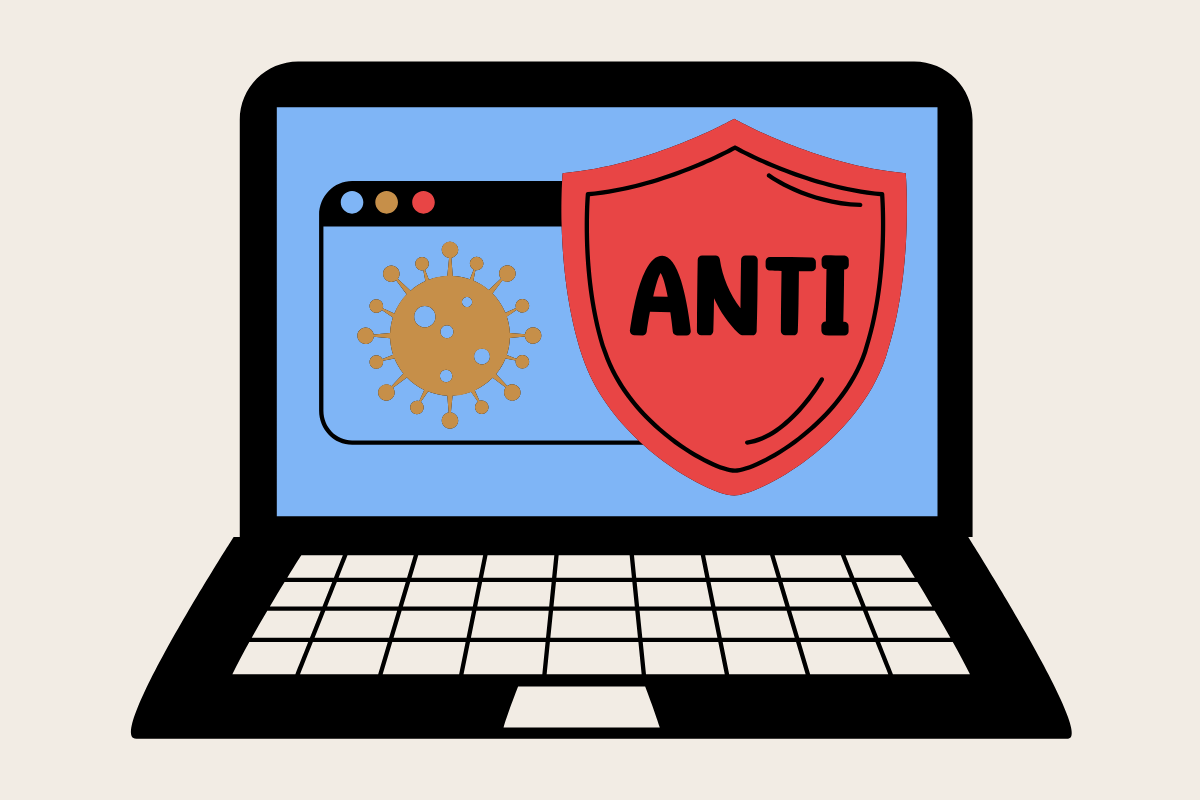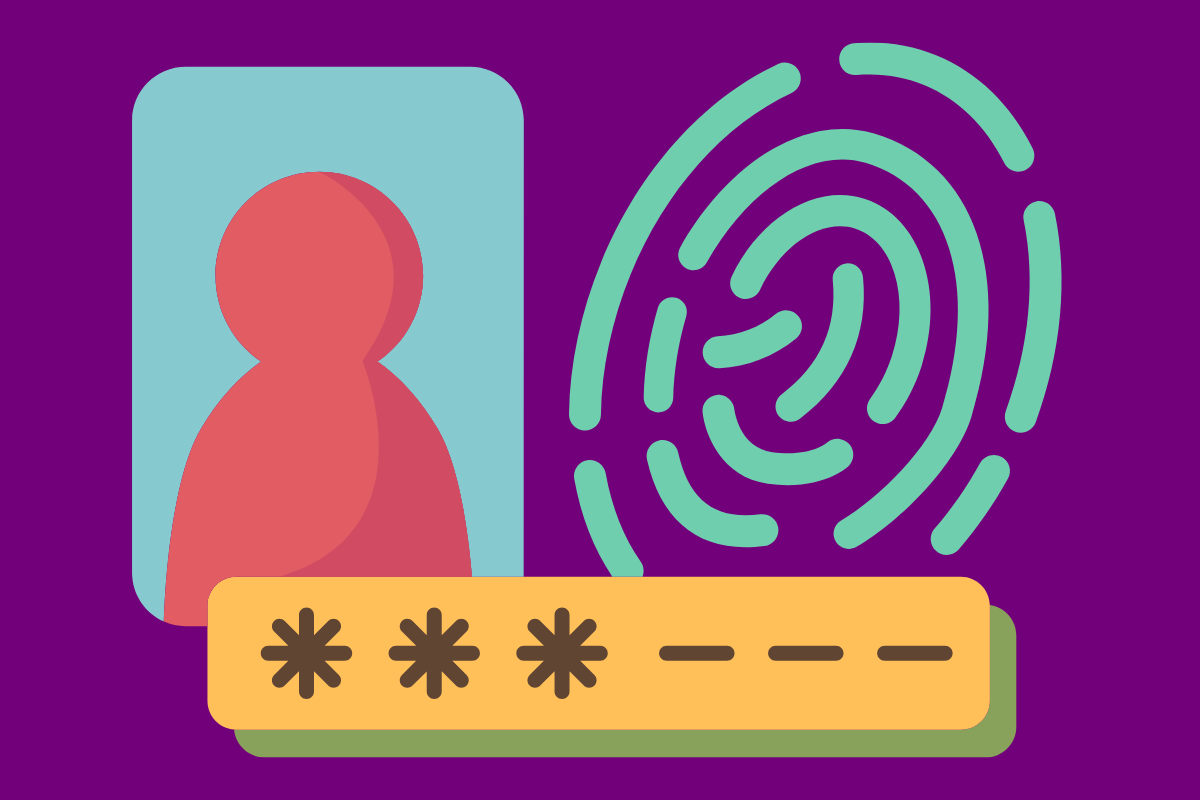Blockchain is Transforming Legal Transactions. Learn About Smart Contracts, Secure Data Sharing, and Fraud Reduction.
Blockchain technology has surged in popularity across various industries in Ontario, revolutionizing sectors from finance to supply chain management. The legal sector, traditionally reliant on paper-based processes and manual record-keeping, has not been immune to this technological wave.
By offering a decentralized and secure method of recording transactions, blockchain is fundamentally transforming how legal transactions are handled. This innovative technology provides a level of transparency, security, and efficiency previously unattainable with conventional systems. For law firms and legal professionals in Ontario, embracing blockchain technology means streamlined processes, lower operational costs, and greater trust in digital transactions.
What is Blockchain?
At its core, blockchain is a digital ledger that records transactions across multiple computers in a way that supports the security and integrity of the data. Each block in the chain contains a list of transactions, and once a block is completed, it is added to the chain, creating a permanent record. This system prevents any alteration of previous entries, making the data highly secure.
Smart Contracts: Automating Legal Agreements
One of the most significant applications of blockchain in legal transactions is the use of smart contracts. A smart contract is a self-executing contract with the terms directly written into code. Once the conditions are met, the contract automatically executes the agreed-upon actions.
Smart contracts bring several benefits to law firms. They eliminate the need for intermediaries to oversee and enforce the terms of an agreement, speeding up the process and reducing costs. For instance, in real estate transactions, smart contracts can simplify property transfers by automatically executing the terms once all conditions, such as payment and title transfer, are met. This automation keeps the process efficient and reduces the potential for human error.
Smart contracts also provide transparency. All parties have access to the contract terms and can track its execution in real-time. This openness helps build trust, as there is no ambiguity about the contract’s status. Licensing agreements can also be managed more efficiently by paying royalties automatically when intellectual property is used. This reduces the administrative burden on law firms and ensures that clients receive timely payments.
Secure Data Sharing: Enhancing Confidentiality and Integrity
Legal transactions often involve the exchange of sensitive information. Blockchain’s secure data-sharing capabilities provide a solution for maintaining confidentiality and integrity. Once data is entered into a blockchain, it cannot be altered, ensuring the integrity of the information. This immutability is crucial for legal documents, such as contracts and court records, which need to remain unaltered and verifiable.
Law firms can also benefit from the decentralized nature of blockchain, which stores data across multiple nodes. This reduces the risk of a single point of failure or attack, enhancing security. In practice, this means that legal documents can be securely stored and shared on a blockchain, reducing the risk of unauthorized access or alteration. For instance, lawyers can use blockchain to securely share sensitive client information, keeping it confidential and unaltered.
Moreover, blockchain allows for fine-grained access control, ensuring that only authorized parties can view or modify the data. This is particularly useful in legal practices where client confidentiality is paramount. By using blockchain, law firms can ensure that sensitive information is only accessible to those who need it, maintaining the privacy and trust of their clients.
Fraud Reduction: Ensuring Authenticity and Trust
Fraud is a serious concern in legal transactions. Blockchain technology offers a robust mechanism for reducing fraud by ensuring the authenticity and trustworthiness of records. The transparent nature of blockchain makes it difficult to hide fraudulent activities: all transactions are recorded and visible to authorized parties, making it easier to detect and prevent fraud.
Blockchain can also be used to verify the identity of parties involved in a transaction, reducing the risk of identity fraud. In voting systems, for example, blockchain-based voting systems provide a secure and transparent method for conducting elections, reducing the risk of fraud and ensuring the integrity of the voting process. This can be particularly relevant for law firms involved in election law or governance.
Challenges and Considerations
While blockchain offers many benefits, it also presents certain challenges and considerations. Blockchain-based solutions must comply with existing legal and regulatory frameworks, which may require adapting current laws to accommodate new technologies. Determining the applicable jurisdiction for blockchain transactions can also be complicated, especially when parties are located in different regions.
The Road Ahead
Blockchain technology has the potential to transform legal transactions by providing a secure, transparent, and efficient method for managing agreements and sharing information. While there are challenges to overcome, the benefits it offers make it a compelling option for law firms.
As blockchain continues to evolve, it is likely to change how lawyers conduct business and interact with clients. By staying informed about the latest developments and understanding how to leverage blockchain technology, they can position themselves at the forefront of this technological shift.










